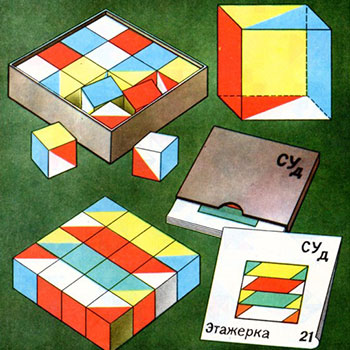Lim_(x->0)((8+h)^(1/3)-2)/h
Now notice that we need to get rid of exponent 1/3. Therefore we multiply the numerator and denominator by an expression that will make it free of exponent 1/3.
We know that: A^3-B^3=(A-B)(A^2+AB+B^2)
In our case A=(8+h)^(1/3) and B=2. I notice that if I multiply numerator and denominator by (A^2+AB+B^2) i.e., ((8+h)^(2/3)+2(8+h)^(1/3)+4), then I will get A^3=((8+h)^(1/3))^3=(8+h). and hence A becomes free of exponent 1/3.
Multiply and divide by ((8+h)^(2/3)+2(8+h)^(1/3)+4)
=>Lim_(x->0)(((8+h)^(1/3)-2)/h*((8+h)^(2/3)+2(8+h)^(1/3)+4)/((8+h)^(2/3)+2(8+h)^(1/3)+4))
=>Lim_(x->0)((8+h)^(3/3)-2^3)/(h*((8+h)^(2/3)+2(8+h)^(1/3)+4))
=>Lim_(x->0)(8+h-8)/(h*((8+h)^(2/3)+2(8+h)^(1/3)+4))
=>Lim_(x->0)(h)/(h*((8+h)^(2/3)+2(8+h)^(1/3)+4))
=>Lim_(x->0)(color(red)cancel(h))/(color(red)cancel(h)*((8+h)^(2/3)+2(8+h)^(1/3)+4))
=>Lim_(x->0)1/((8+h)^(2/3)+2(8+h)^(1/3)+4)
=>1/((8+0)^(2/3)+2(8+0)^(1/3)+4)
=>1/(4+2*2+4)
=>1/12

